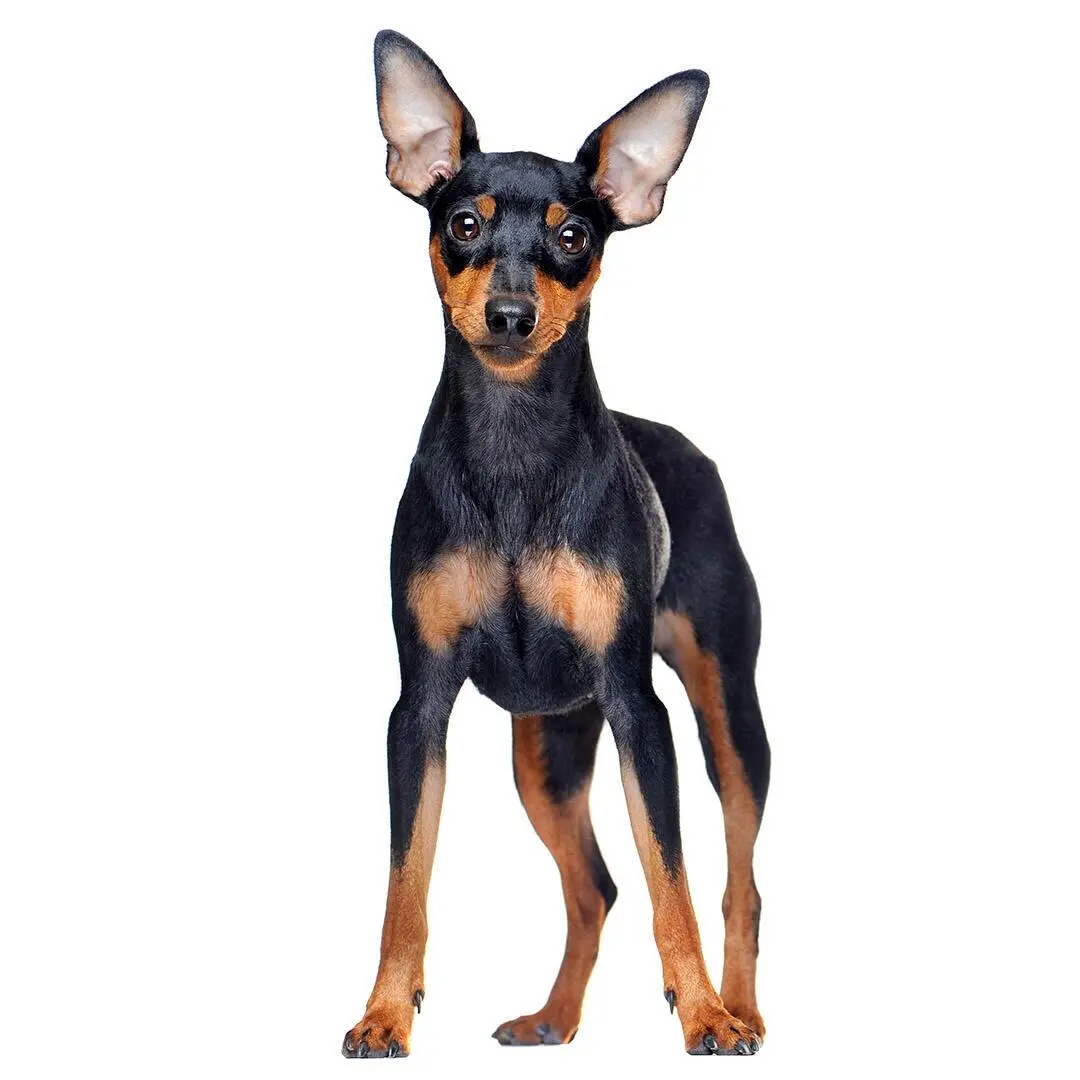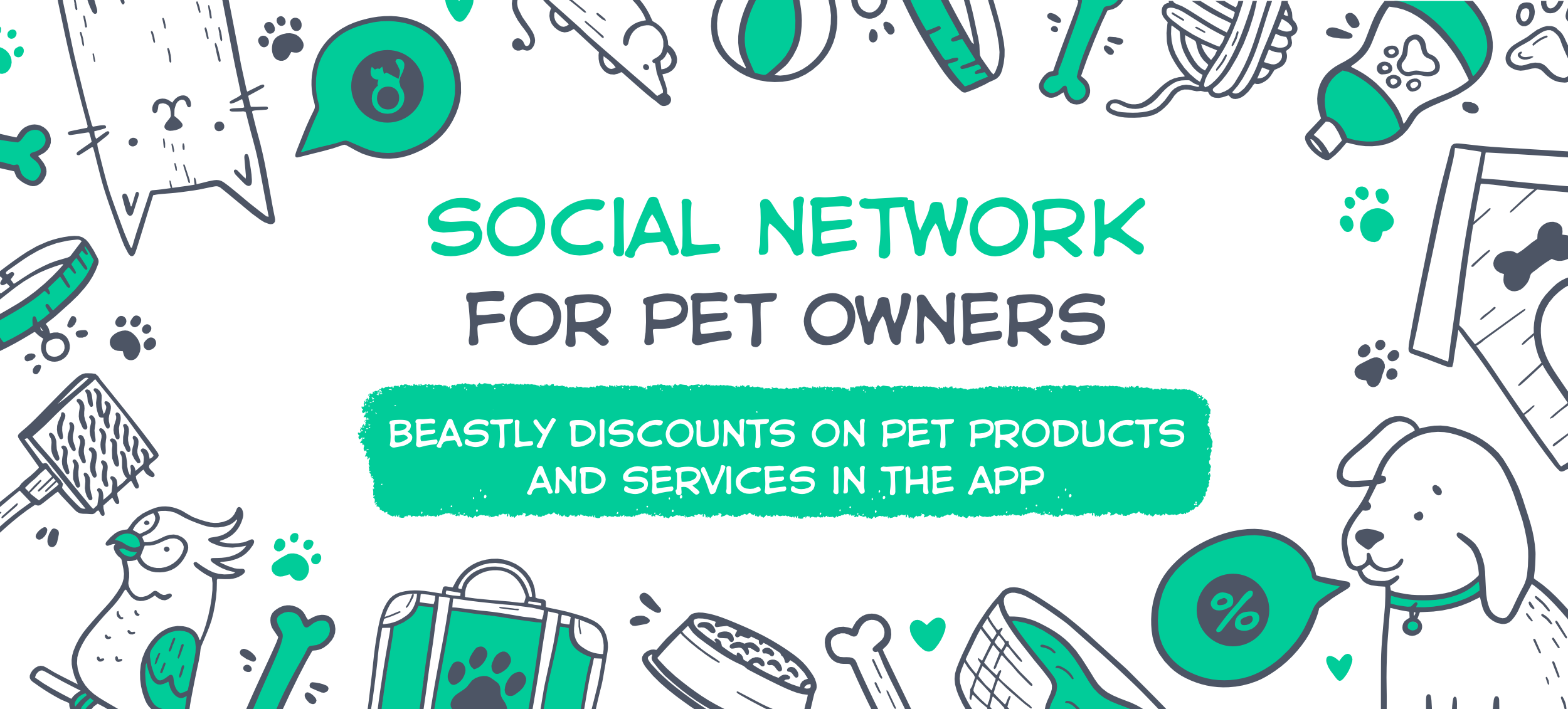
Miniature Pinscher
Miniature Pinschers are small, energetic dogs known for their spirited personalities and distinctive "hackney gait."
Extended Description
Miniature Pinschers, also known as "Min Pins," are small, lively dogs with a fearless attitude. Despite their small size, they are known for their high energy levels and strong personalities. Min Pins have a sleek, muscular build and are often seen with their distinctive "hackney gait," where they lift their front legs high while walking.
Interesting Facts
The Miniature Pinscher is often called the "King of Toys" due to its spirited and confident nature. Despite their resemblance to Doberman Pinschers, they are not related and are actually an older breed.
Care Recommendations
Miniature Pinschers require minimal grooming due to their short coat, but they need regular exercise to burn off their high energy. Mental stimulation is also important to prevent boredom-related behaviors.
Temperament
Miniature Pinschers are bold, energetic, and curious. They are affectionate with their families but can be reserved with strangers. Early socialization and consistenttraining are essential to managing their strong-willed nature.
Health Issues
Miniature Pinschers are generally healthy, but they can be prone to certain conditions such as patellar luxation, progressive retinal atrophy, and hypothyroidism. Regular vet check-ups, a balanced diet, and proper exercise are important for their well-being.
Living Conditions
Miniature Pinschers do well in both apartments and houses, as long as they receive enough exercise. They are not well-suited for cold climates and may require a coat in cooler weather.
Training Tips
Training should be consistent and firm with Miniature Pinschers, as they can be independent and stubborn. Positive reinforcement works best, and early socialization is key to ensuring they are well-mannered.
Exercise Needs
Miniature Pinschers are high-energy dogs that require plenty of exercise. Daily walks, playtime, and mental stimulation are important to keep them happy and prevent destructive behaviors.
Return to Other Breeds



